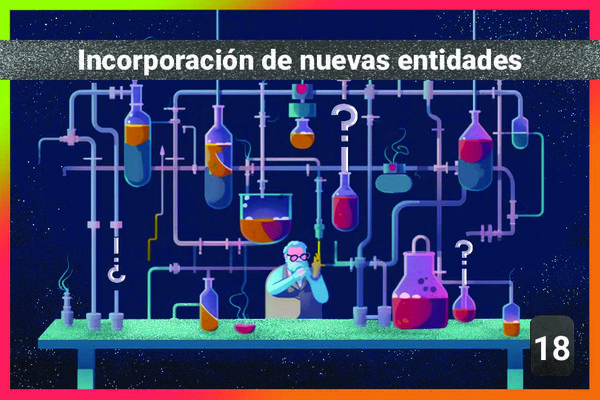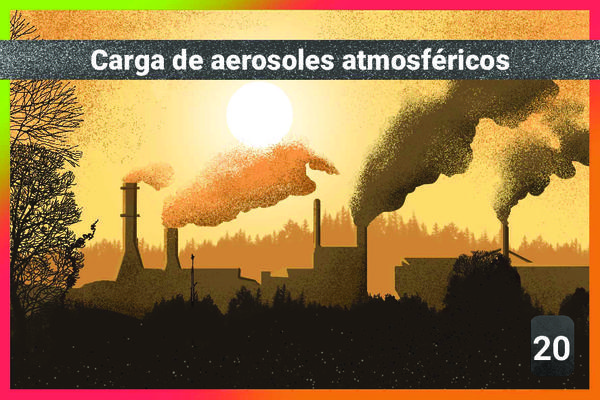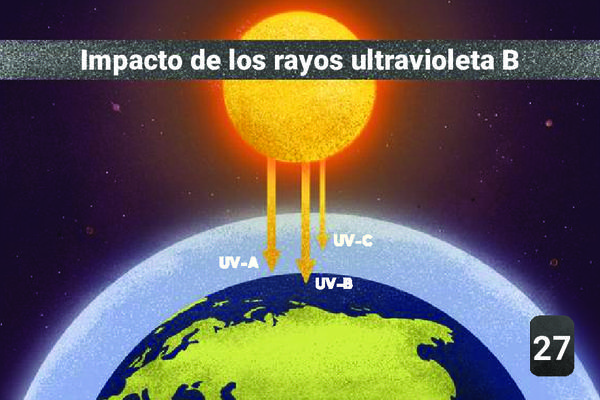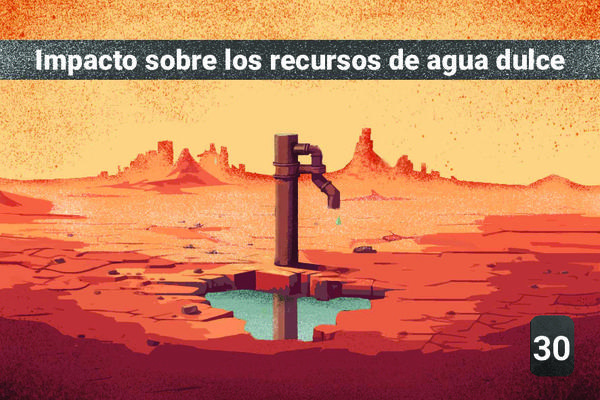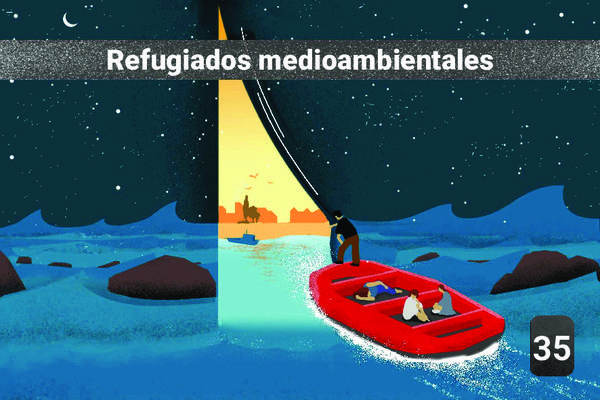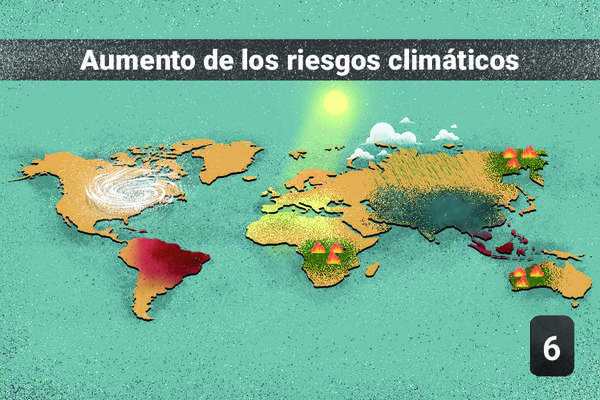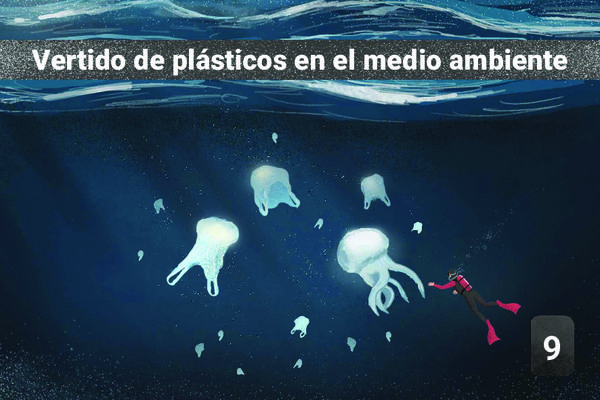37 - Human health

✏️ Esta explicación aún no está disponible en tu idioma, haz clic aquí para sugerir tu traducción o escribe un correo electrónico a fdn.memo@marc-antoinea.fr.
8Causas
Once in the environment as macro- or microplastic, plastic contaminates and accumulates in agricultural soils, terrestrial and aquatic food chains, and water supplies. Microplastics that enter the human body through direct exposure, either by ingestion or inhalation, can cause various health problems; inflammation, genotoxicity, oxidative stress, apoptosis, and necrosis. These mechanisms are linked to many health problems, including cancers, cardiovascular diseases, intestinal inflammation, diabetes, rheumatoid arthritis, chronic inflammation, autoimmune diseases, neurodegenerative diseases, and strokes https://www.ciel.org/wp-content/uploads/2019/03/Plastic-Health-French.pdf
“Fine particles (PM10, PM2.5, mainly from automobiles and wood heating) are found in large quantities in urban areas, so much so that most of the world's population is exposed to them. Fine particles enter our lungs. Air pollution is responsible for 50 to 60,000 premature deaths in France, and 4.5 to 8.8 million worldwide. 91% of the world's population lives in places where WHO air quality guidelines are not met (2016 study)."
Computer models predict that a 10% decrease in stratospheric ozone concentration could cause 300,000 more skin cancers, 4,500 melanomas and between 1.60 million and 1.75 million more cases of cataracts worldwide each year. . More UVB can also lead to a drop in immune defenses.
Insufficient access to fresh water has direct effects on human health.
Many medicines are extracted from living organisms. A reduction in this ecosystem service could have impacts on the treatment of certain diseases.
Not having enough to eat obviously impacts people's health.
Armed conflicts degrade infrastructure and reduce access to basic necessities (food, water, etc.)
1Consecuencia
2Otras causas posibles
Following floods and cyclones, disaster areas can be exposed to health problems (access to drinking water, spread of diseases).
According to a study by the University of Newcastle, a human being could ingest around 5 grams of plastic each week, the equivalent of the quantity of microplastics contained in a credit card.

